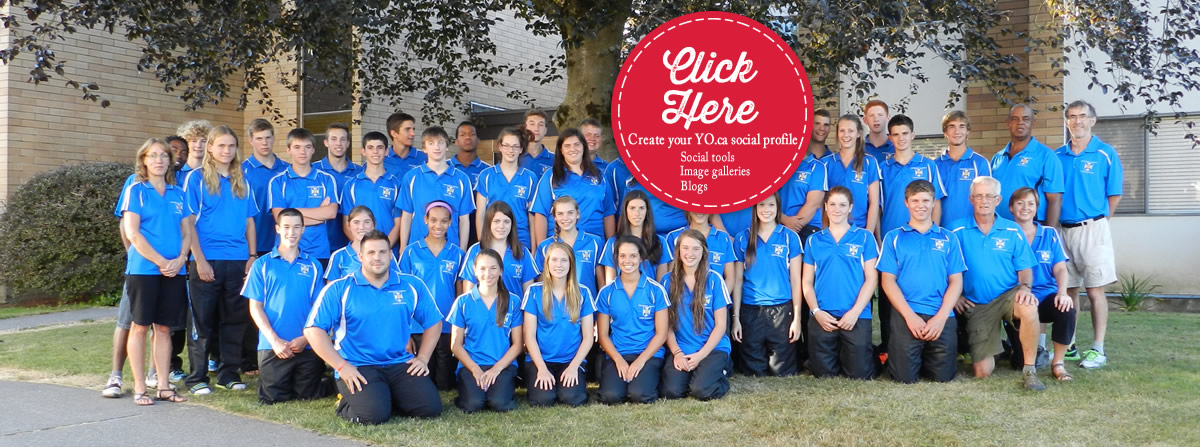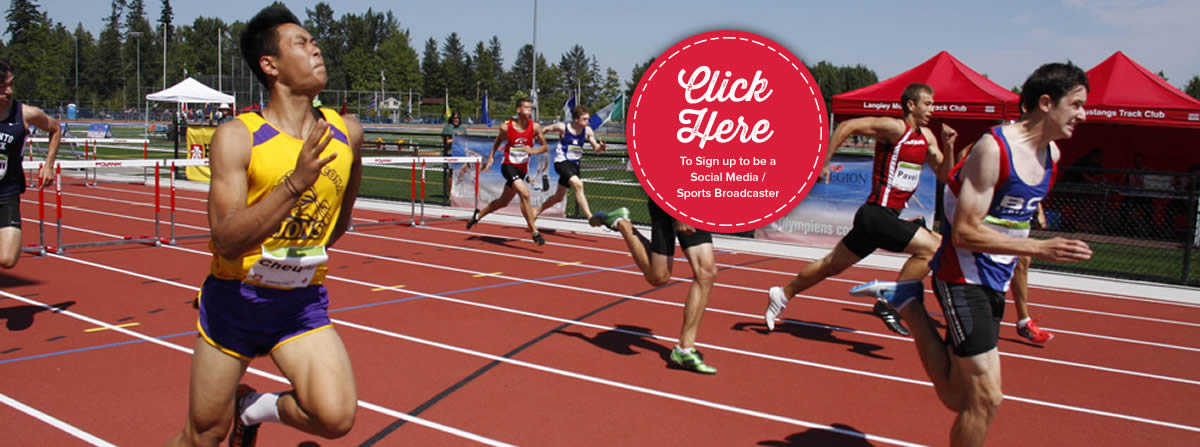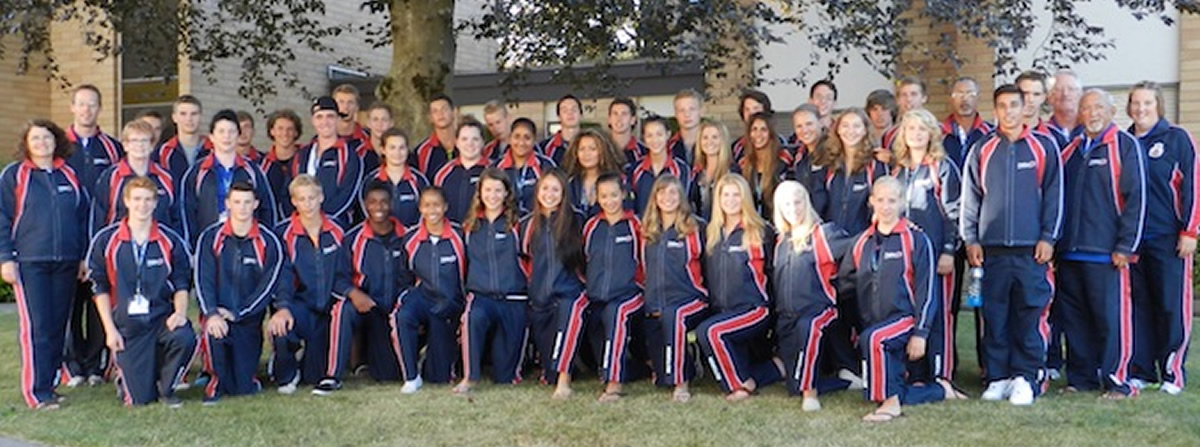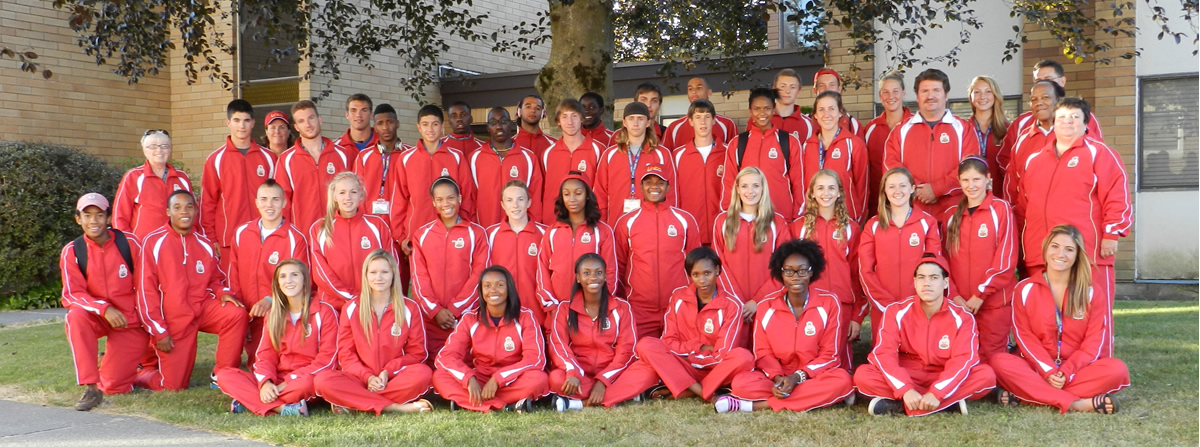- Home
- THE EVENT
- Event Schedule
- Live Hashtag Roll
- Build Your Profile Here
- Profile Tutorial Video and Details
- Call For Apprentices
- Competition & Comradiery
- Your Week Ahead
- Special Events
- Tourism Langley
- Illustrative Map - Township Of Langley
- monty
- McLeod Athletic Complex - Langley
- McLeod Athletic Complex Large Map
- Trinity Western University
- Leroy Washburn Award
- Jack Stenhouse Award
- Social Media
- Image Gallery
- Flicker Photo Stream
- Live Hashtag Roll
- Meet the Atheletes
- Event Blog (See Results Here)
- Event Schedule
- Call For Apprentices
- Event Media
- One Big Broadcast
- Help Desk
- Profile Tutorial Video and Details
- What Is Social Casting
- Your 2014 Championship Experience
- About
- Where Olympians Begin
- Championship History
- Canada's Legion Olympians
- Build Your Championship Profile
- Building your profile / Création de votre profil
- Championship Alumni Project
- Honour Spirit Remembrance
- Championship Themes
- The Royal Canadian Legion
- The ladies Auxiliary
- Athletics Canada
- BC Athletics
- Langly mustangs track and field club
- Public Relations
- BC Athletics Recognizes Marketing Platform
- 2014 Event Sponsors
- 2013 Event Sponsors
- Legion National Youth Track Advertising
- National Sponsor Program
- Legion Souvenir Book Advertising
- Sponsorship Submission Page
- Press Releases
- Sign Up For Breaking News
National youth track & field championships
McLeod Athletic Park, Township of Langley British Columbia 15 - 17 August 2014. The event is over but was a huge success.
Check out results, images and ongoing social in our social media section - http://clients.webstager.com/yo.ca/sociallinks/
Check out results, images and ongoing social in our social media section - http://clients.webstager.com/yo.ca/sociallinks/
Championship History
1940s
First World War Veteran and Legion Dominion Chairman, Jack Moore introduced the Foster Fathers’ Program in Winnipeg coming to the aide of 60 fatherless boys with mentorship and guidance in all aspects of community life, including competitive sports.
1950s
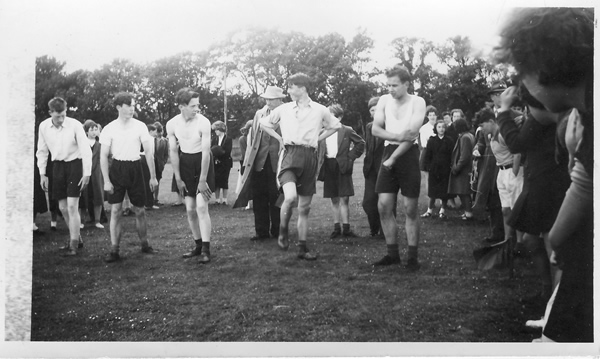 The Foster Fathers’ Program expanded across the nation and became known as the Legion’s Children’s Program with the full endorsement, “They Served Till Death! Why Not We?”
The Foster Fathers’ Program expanded across the nation and became known as the Legion’s Children’s Program with the full endorsement, “They Served Till Death! Why Not We?”
Ontario Legion Branch #277 President Bob Saunders (Chairman Ontario Hydro) and George Duthie, Sports Manager Canadian National Exhibition (CNE) sponsored the former Canadian Olympic Training Plan as well as invitational track meets.
Success of these initiatives solidified national Legion support and The Royal Canadian Legion officially entered the national track & field scene as financier of the Canadian Olympic Training Plan. This included clinics in Toronto with teams of participating athletes and coaches from each Province.
1960s
Federal Government supported the Legion in creating the first Canadian National Clinic for track & field coaches in Guelph. World renowned Geoffrey Dyson, John Disley, John Savidge, Dennis Cullum and Jacques Bergougnous directed the clinics. Four summer and three winter training camps were added with 475 participating youth athletes. Over the next five years the Legion’s national clinic trained 1,300 coaches plus 2,500 provincial and regional coaches.
Legion created and published Canadian technical periodicals on track & field, “Coaching Review” and “Track and Field Annual”.
Federal Government curtails grant funding.
1970s
The Legion continued to sponsor track & field programs at the provincial level. Legion funding was expanded to pilot a Canada-wide track & field meet in Waterloo and with its success a second national meet was held in Edmonton.
The Legion’s commitment to youth competitive sports and coaches’ track & field training continued with millions of dollars invested for National Track & Field Camps. Hosting of the Camps was determined through a bidding process by Legion Branches across the nation.
National Track & Field Camps
First World War Veteran and Legion Dominion Chairman, Jack Moore introduced the Foster Fathers’ Program in Winnipeg coming to the aide of 60 fatherless boys with mentorship and guidance in all aspects of community life, including competitive sports.
1950s
 The Foster Fathers’ Program expanded across the nation and became known as the Legion’s Children’s Program with the full endorsement, “They Served Till Death! Why Not We?”
The Foster Fathers’ Program expanded across the nation and became known as the Legion’s Children’s Program with the full endorsement, “They Served Till Death! Why Not We?”Ontario Legion Branch #277 President Bob Saunders (Chairman Ontario Hydro) and George Duthie, Sports Manager Canadian National Exhibition (CNE) sponsored the former Canadian Olympic Training Plan as well as invitational track meets.
Success of these initiatives solidified national Legion support and The Royal Canadian Legion officially entered the national track & field scene as financier of the Canadian Olympic Training Plan. This included clinics in Toronto with teams of participating athletes and coaches from each Province.
1960s
Federal Government supported the Legion in creating the first Canadian National Clinic for track & field coaches in Guelph. World renowned Geoffrey Dyson, John Disley, John Savidge, Dennis Cullum and Jacques Bergougnous directed the clinics. Four summer and three winter training camps were added with 475 participating youth athletes. Over the next five years the Legion’s national clinic trained 1,300 coaches plus 2,500 provincial and regional coaches.
Legion created and published Canadian technical periodicals on track & field, “Coaching Review” and “Track and Field Annual”.
Federal Government curtails grant funding.
1970s
The Legion continued to sponsor track & field programs at the provincial level. Legion funding was expanded to pilot a Canada-wide track & field meet in Waterloo and with its success a second national meet was held in Edmonton.
The Legion’s commitment to youth competitive sports and coaches’ track & field training continued with millions of dollars invested for National Track & Field Camps. Hosting of the Camps was determined through a bidding process by Legion Branches across the nation.
National Track & Field Camps
|
1977 Oromocto, NB 1978 Peace Garden, MB 1979 St. John’s, NF 1980 Saskatoon, SK 1981 Hamilton, ON 1982 Oromocto, NB 1983 Ottawa, ON 1984 Halifax, NS 1985 Saskatoon, SK 1986 Sudbury, ON 1987 Calgary, AB 1988 Quebec, QC 1989 Victoria, BC 1990 St. John’s, NF 1991 Toronto, ON 1992 Calgary, AB 1993 Saskatoon, SK 1994 Ottawa, ON 1995 Winnipeg, MB |
1996 Sherbrooke, QC 1997 St. John’s, NF 1998 Prince George, BC 1999 Sudbury, ON 2000 Calgary, AB 2001 Sherbrooke, QC 2002 Sherbrooke, QC 2003 Kitchener/Waterloo, ON 2004 Sudbury, ON 2005 Edmonton, AB 2006 Burnaby, BC 2007 Oromocto, NB 2008 Sherbrooke, QC 2009 Sherbrooke, QC 2010 Ottawa, ON 2011 2012 Charlottetown, PE 2013 Langley, BC 2014 Langley, BC |
The Legion increased funding for the National Track & Field Camps to include coaching certification courses. Highly coaches and clinicians from the Canadian Track & Field Association and the Coaching Association of Canada conducted the courses and took part in the clinics for the young athletes.
1984 OLYMPICS
One third of Canada’s Olympic Team in the Los Angeles Summer Games and all Canadian medal winners had their start at the Legion’s National Track & Field Camps.
Canada’s Young Olympians here!
1990s
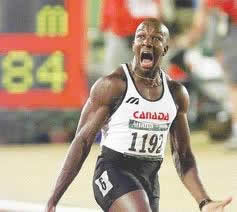 The official name, Legion National Track & Field Championships, is sanctioned. The Championships include two days of training clinics and two days of national competition for youth athletes.
The official name, Legion National Track & Field Championships, is sanctioned. The Championships include two days of training clinics and two days of national competition for youth athletes.2000s
The official name is changed again to, Legion National Youth Track & Field Championships with accompanying event branding logo.
The Championships are opened to athletes not affiliated with the Legion program which increases participation to over 1,000 youth athletes.
The Legion receives the 2012 True Sport Foundation Corporate Excellence Award in recognition of the outstanding commitment to the training, competition and promotion of Canada’s national team track & field sport.
Recent Posts
Contact Us
Young Olympians
208-175 First Street West
North Vancouver, BC V7M 3N9
Office 778.340 4408
Mobile 778.840.4408
info@ YoungOlympians.ca


